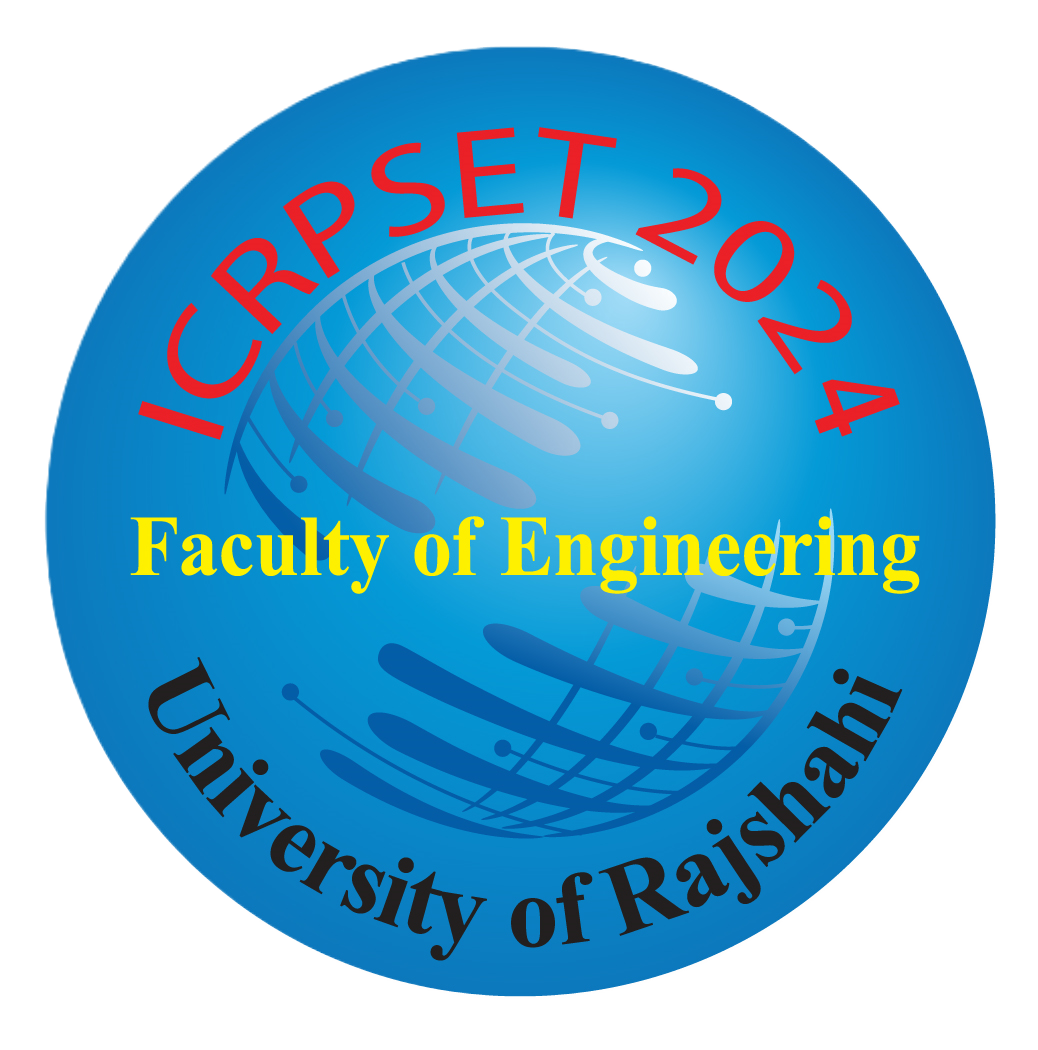Dr. Mohammad Ali Moni
Biography
Program Lead & Director, AI Digital Health Technology Center
AI and Cyber Futures Institute, Charles Sturt University, Australia
&
Group Leader, AI & Digital Health Technology, The University of Queensland, Australia

Title of the Invited Talk: AI-Empowered Portable and Wearable Devices for Digital Health Care
Abstract: Advancements in Artificial Intelligence (AI) are revolutionising digital health, offering unprecedented opportunities for automated, real-time monitoring, early diagnosis, and management of various health conditions. However, there is a need for robust and explainable algorithms to integrate AI with portable and wearable devices to promptly, accurately, and automatically analyse data collected from these tools, make decisions, and generate reports. Our research focuses on developing novel AI-enabled portable and wearable devices specifically designed for real-time monitoring and diagnosis of chronic conditions. These devices leverage advanced machine learning algorithms and sensor technologies based on the ECG, EMG, and EEG technologies to continuously collect and analyse health data, providing personalised insights and timely interventions. We are also developing novel, robust, and explainable machine/deep-learning algorithms and software tools for analysing multimodal data (e.g., image, EEG, ECG, multi-omics) to identify accurate markers that could be used for diagnosing and predicting disease conditions. These innovative methods and tools harness the power of AI to provide continuous health monitoring and early detection of potential health issues. Our AI-driven portable devices and software tools can analyse and measure genetic, multi-omics, and physiological data such as heart rate, blood pressure, glucose levels, and physical activity. These devices can detect and track vital signs, anomalies, and predict health events such as falls, sleep apnoea, cardiovascular conditions, mental health, and remote patient monitoring. Our developed decision support system can detect subtle changes and patterns in the data that may indicate the onset of health issues, providing timely alerts and recommendations to users and healthcare providers for informed decision-making. The findings of our studies demonstrate that our developed methodologies, software systems, and AI-
enabled portable and wearable devices have the potential to transform digital health by providing continuous, personalised healthcare solutions, ultimately improving patient care and health outcomes. This work underscores the importance of interdisciplinary collaboration in advancing the development of next-generation digital health technologies.



